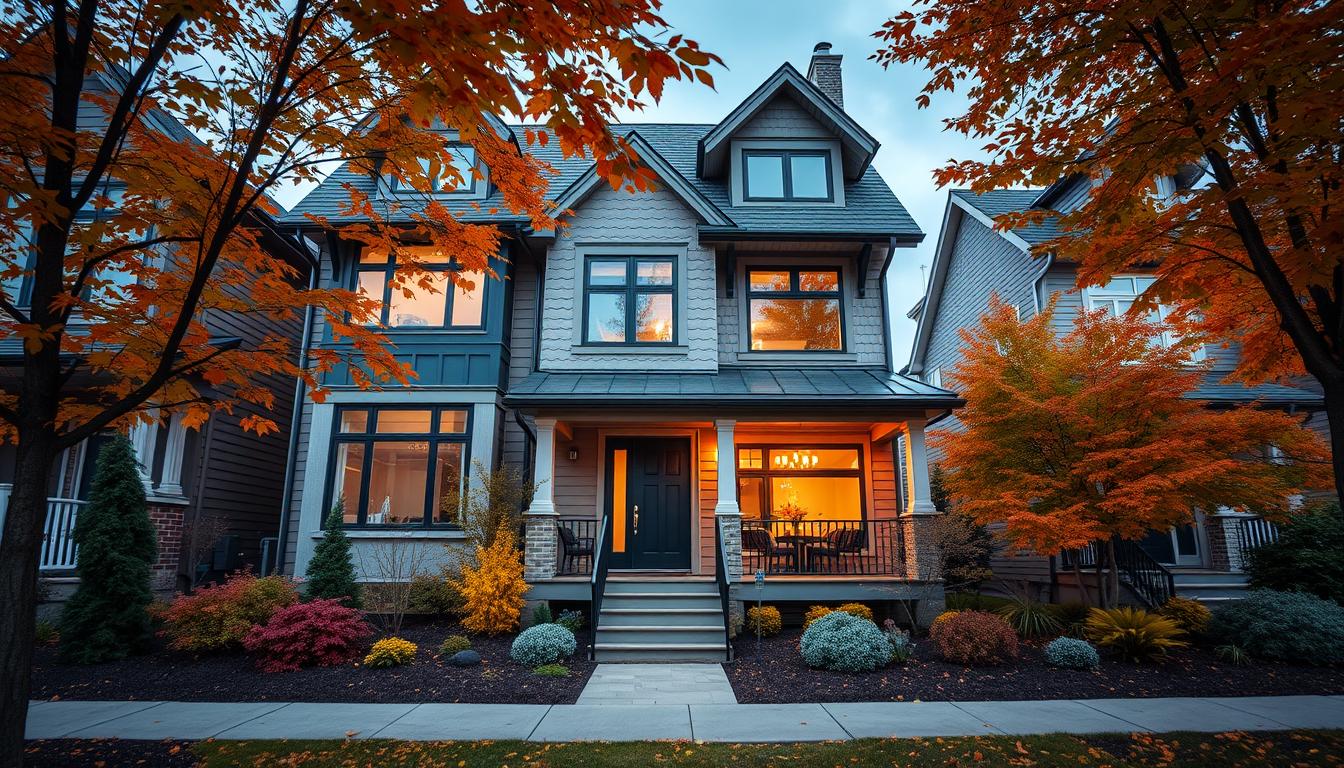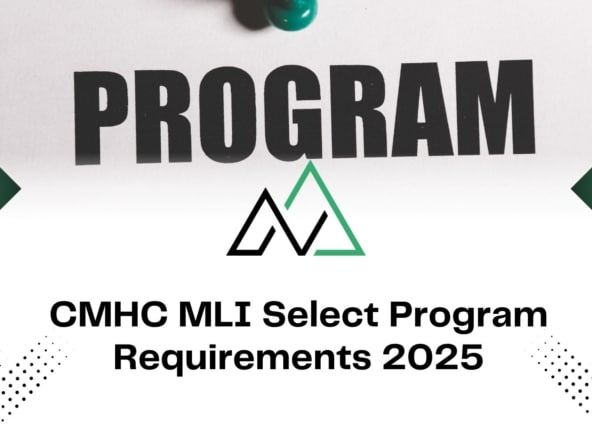Understanding the Canadian real estate market can be tricky. Freehold townhouses offer a special chance for homeowners to have full control. They are perfect for both city and suburban living.
New Homes Alberta helps guide you through the world of freehold townhouses. With 25% of Canadian homes being new each year, knowing about freehold property is key. It helps you make smart real estate choices.
Freehold property means you own your home and land fully. It’s different from condos where you share costs. With freehold townhouses, you own everything without worrying about shared maintenance.
Key Takeaways
- Freehold townhouses offer complete property ownership
- No monthly maintenance fees for property upkeep
- Owners have full control over property modifications
- Attractive option for first-time homebuyers
- Potential for higher resale value compared to leasehold properties
Understanding Freehold Property Ownership
Understanding property ownership in Canada is key. Freehold property offers a unique way to invest in real estate. It gives homeowners full control and autonomy.
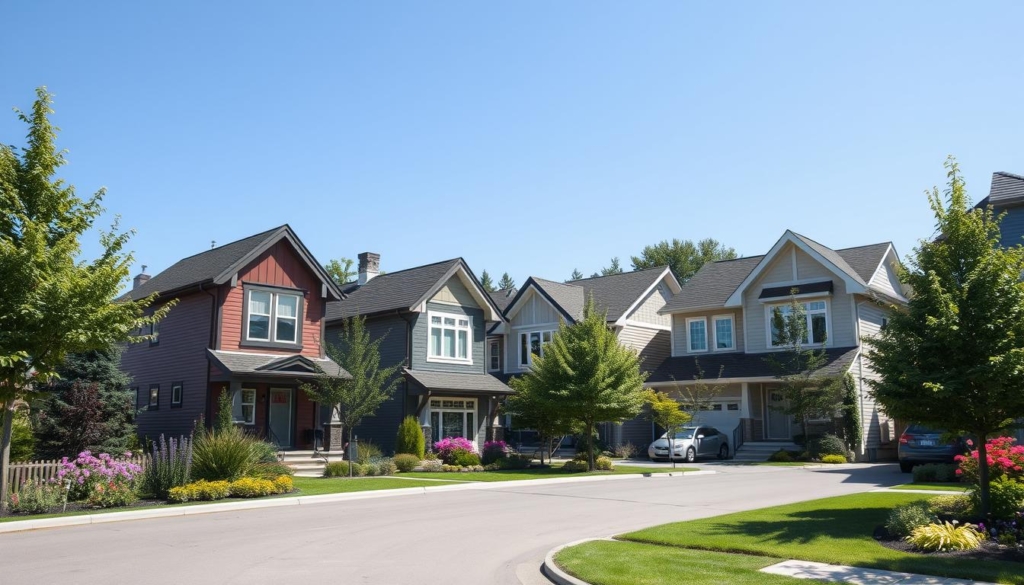
Freehold property means the owner has complete control and rights. Buying a freehold townhouse means owning the property and the land it sits on fully.
Definition of Freehold Property
A freehold property is free from hold by any external entity. This means:
- Full ownership of the land and building
- No time restrictions on property possession
- Complete legal rights to use and modify the property
Legal Rights and Responsibilities
Freehold townhouse ownership comes with legal rights and responsibilities. Owners can:
- Make structural modifications
- Develop or landscape the property
- Rent or sell without complex approvals
“Ownership is not just about possessing a property, but understanding the full spectrum of rights and obligations that come with it.”
Perpetual Ownership Benefits
The biggest benefit of freehold townhouse ownership is its perpetual nature. Unlike leasehold properties, freehold ownership ensures:
- Permanent property possession
- Potential for long-term value appreciation
- Freedom from recurring lease payments
In Canada’s real estate market, freehold townhouse ownership is a strategic investment. It offers homeowners unparalleled control and financial growth.
What Is a Freehold Townhouse
A freehold townhouse is a special way to own a home. It gives you full control and responsibility. In Canada, it’s a great choice compared to other homes.
Unlike condo townhomes, you own the house and the land it’s on. This means you have more freedom and control.

- Complete ownership of the property and underlying land
- No monthly condo maintenance fees
- Full responsibility for repairs and maintenance
- Greater flexibility in property modifications
The cost of freehold townhouses is attractive. In September 2023, the average price in the Greater Toronto Area was $1,317,664. This shows how valuable they are compared to other homes.
“Freehold townhouses offer homeowners the perfect balance between affordability and ownership freedom.”
Freehold townhouses are better than condos because they don’t have monthly fees. You save $200-$300 a month on maintenance. They’re popular with young families and investors looking for a smart investment.
Key Features of Freehold Townhouse Living
Freehold townhouses offer privacy, space, and control. They are different from other homes. These multi-level homes give homeowners flexibility and independence.
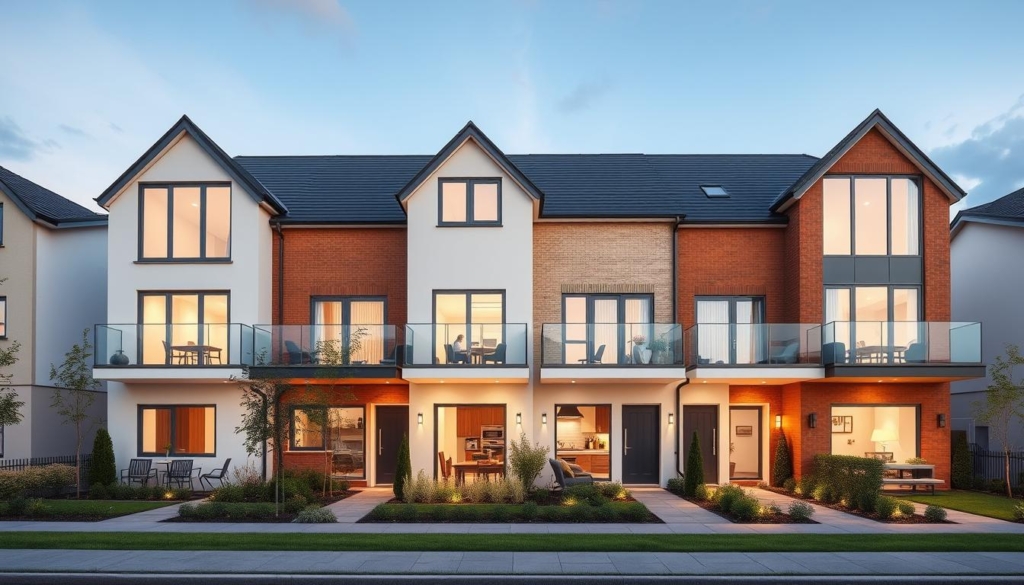
Property Structure and Layout
The layout of townhouses has multiple floors. This creates different living areas. Most townhouses have:
- Ground floor with common areas like kitchen and living room
- Second floor for bedrooms
- Potential basement or third level for more space
- Small private outdoor areas or attached patios
Land Ownership Details
Freehold townhouse owners own their home and the land. They have total control over property modifications. This is different from condos where approvals are needed.
“Ownership means freedom to customize and develop your living space as you see fit.” – Real Estate Expert
Maintenance Responsibilities
Homeowners are responsible for townhouse maintenance. This is unlike condos. Freehold owners handle:
- Exterior repairs
- Lawn care and landscaping
- Snow removal
- Structural upkeep
These tasks need time and effort. But they give homeowners full control over their property. In July 2020, the average freehold townhouse in the Greater Toronto Area sold for $1,080,388. This shows the value of owning a freehold townhouse.
Comparing Freehold vs. Condo Townhouses
The Canadian real estate market has two main townhouse types: freehold and condo. Knowing the differences helps buyers choose wisely.
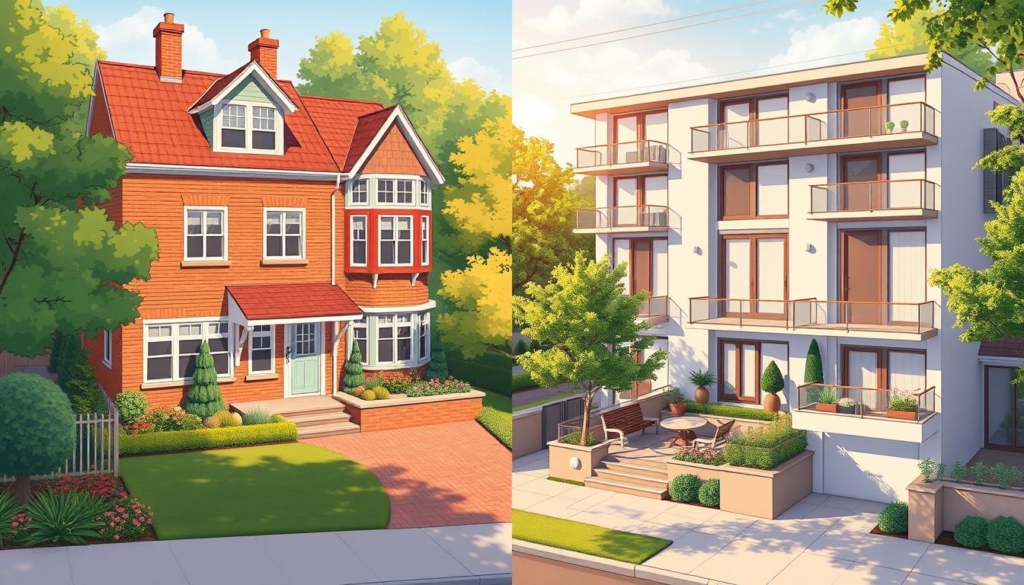
The main difference is in ownership. Freehold townhouses mean you own the property and land. Condo townhouses mean shared ownership and rules.
- Freehold townhouses give full control
- Condo townhouses have shared ownership
- Townhouse fees vary a lot
Money matters a lot when choosing. Freehold townhouses cost more upfront because you own everything. In the Greater Toronto Area, freehold townhouses averaged $1,080,388 in July 2020. Condo townhouses averaged $724,655.
“The ownership model affects your money and lifestyle choices in real estate.” – Real Estate Experts
| Feature | Freehold Townhouse | Condo Townhouse |
|---|---|---|
| Land Ownership | Full ownership | Shared ownership |
| Maintenance Responsibilities | Owner-managed | Managed by condo corporation |
| Monthly Fees | No recurring fees | Typically $200-$500 |
| Property Modifications | Complete freedom | Restricted by condo rules |
Monthly fees are a big difference. Condo townhouses have fees for shared stuff and upkeep, from $200 to $500. Freehold townhouses don’t have these fees, making money planning easier.
Financial Aspects of Freehold Townhouse Ownership
Freehold townhouses are a great investment for those looking into Canadian real estate. They offer unique financial benefits that make them stand out from other homes.

Purchase Costs and Considerations
Buying a freehold townhouse comes with its own set of financial details. In the Greater Toronto Area, the average price hit $1.02 million in 2023, up 3.6% from last year. Buyers should look at several key financial points:
- Average purchase price in Toronto: $1,317,664
- Potential for larger down payments
- Lower monthly mortgage payments
- No townhouse fees
Property Value Appreciation
Freehold townhouses have a strong chance of increasing in value. They often grow more in value than other homes, thanks to steady market trends.
| Property Type | Average Price | Annual Appreciation |
|---|---|---|
| Freehold Townhouse | $1,317,664 | 3.6% |
| Condo Townhouse | $908,707 | 2.1% |
Investment Opportunity
For investors, freehold townhouses are a smart choice. They offer full control over the property and lower costs, making them very appealing.
“Freehold townhouses offer investors a unique blend of affordability and growth in the Canadian real estate market.”
Investors can enjoy:
- No monthly homeowners association fees
- Complete property modification rights
- Potential for higher rental yields
- Long-term value appreciation
Knowing the financial side of townhouse ownership helps buyers make smart choices in the Canadian real estate market.
Maintenance and Property Management
Freehold townhouses need special care to keep their value high. Owners must stay ahead of maintenance to keep their homes comfortable for years. They are fully responsible for all upkeep tasks.

- Structural repairs and replacements
- Exterior painting and siding maintenance
- Roof inspections and repairs
- Landscaping and yard care
- Plumbing and electrical system updates
Planning your budget is key for townhouse upkeep. Experts say to save 3-5% of the property’s value annually for repairs and surprises.
| Maintenance Category | Estimated Annual Cost | Frequency |
|---|---|---|
| Exterior Painting | $2,500-$5,000 | Every 5-7 years |
| Roof Replacement | $8,000-$15,000 | Every 20-25 years |
| Landscaping | $1,000-$3,000 | Annually |
“Proactive maintenance prevents costly emergency repairs and preserves property value.” – Real Estate Maintenance Expert
Freehold townhouse owners have full control over maintenance. This freedom lets them manage their property their way. But, it also means they must plan their finances well and think ahead for property care.
It’s vital for townhouse owners to check their homes often, save for repairs, and keep a detailed maintenance plan. This way, they can protect their investment and keep their property in top shape.
Rights and Restrictions in Freehold Townhouse Communities
Living in a townhouse community means knowing your rights and respecting others. Freehold townhouse owners have a lot of freedom but also need to consider their neighbors.
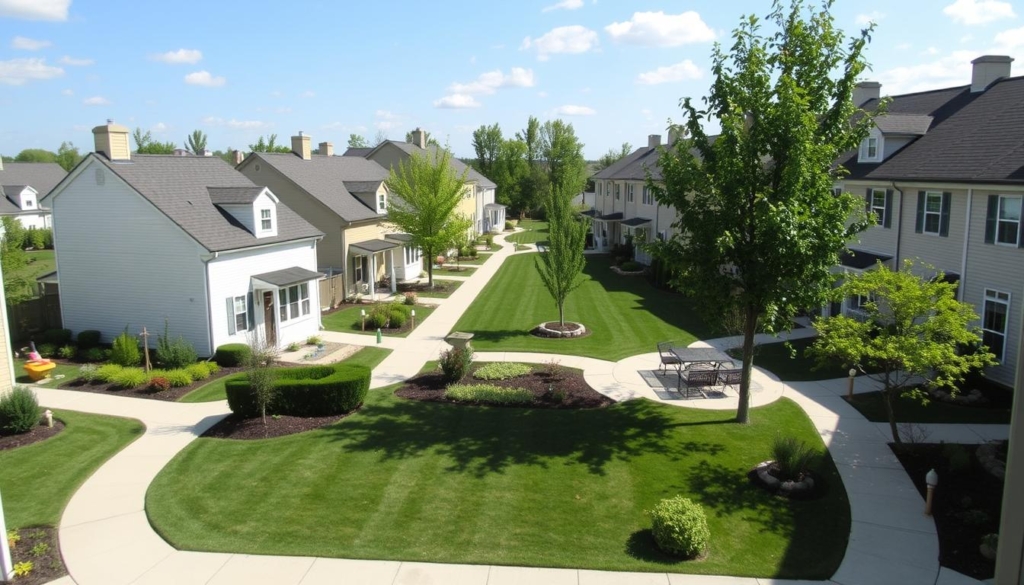
Being part of a freehold townhouse community has its perks and duties. Owners can make many changes to their homes. But, there are also rules and social norms that keep the community friendly.
Property Modifications and Personal Freedoms
Freehold townhouse owners have more freedom to change their homes than condo owners. They can:
- Change the look of their exterior
- Alter their landscaping
- Do home improvements
- Add unique architectural touches
Community Guidelines and Expectations
Even without strict rules, freehold townhouse communities have their own standards. These rules help keep the area looking nice and property values high.
| Community Aspect | Typical Expectation |
|---|---|
| Exterior Appearance | Maintained and consistent with neighborhood standards |
| Noise Levels | Reasonable and considerate |
| Property Maintenance | Regular upkeep and cleanliness |
Neighbor Relations and Mutual Respect
Good townhouse community living is all about respect and talking openly. Talking things out can stop problems and make living better.
“Good fences make good neighbors, but good communication makes great communities.”
Freehold townhouse owners have a lot of freedom. But, knowing and respecting community rules helps everyone get along.
Location and Community Considerations
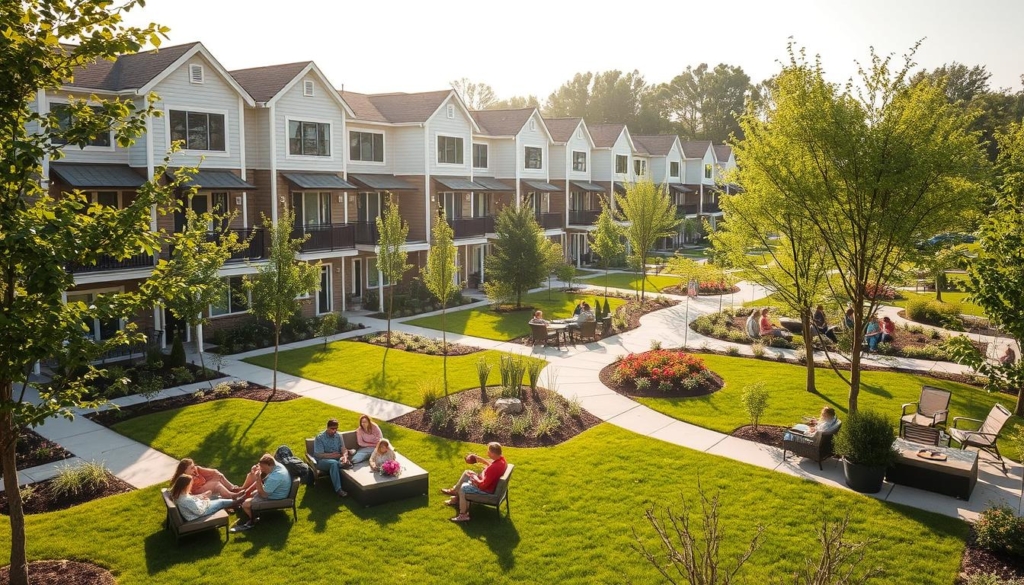
Choosing the right townhouse location is important. It involves looking at community dynamics and urban amenities. Townhouse communities in Canada offer a mix of affordability and strategic urban or suburban locations.
When looking at townhouse locations, buyers should consider several factors:
- Proximity to work centers
- Access to public transportation
- Neighborhood infrastructure
- Availability of local townhouse amenities
“Location determines not just a home’s value, but your entire lifestyle experience.” – Real Estate Insights Canada
Urban townhouse communities offer great conveniences. The average townhome is 1,390 to 1,840 square feet. This size provides ample living space with a strategic city location.
| Townhouse Location Type | Key Community Features | Average Living Space |
|---|---|---|
| Urban Center | High walkability, diverse amenities | 1,600 sq ft |
| Suburban Area | Family-friendly, more green spaces | 1,840 sq ft |
| Mixed-Use Development | Work-live options, integrated services | 1,686 sq ft |
Townhouse communities often have shared amenities. These include playgrounds, fitness centers, and communal spaces. Such features help build a strong community and can boost property value.
Before deciding, consider noise levels, privacy, and the unique aspects of each townhouse community.
Understanding Property Taxes and Insurance
Buying a freehold townhouse means you have to handle more than just the upfront cost. You’ll need to deal with property taxes and insurance. These are key parts of owning a townhouse that you must understand and plan for.

Handling townhouse fees and insurance can be tough for new owners. Unlike other homes, freehold townhouse owners are fully responsible for taxes and insurance. This means you have to cover all costs yourself.
Tax Assessment Process
The process for figuring out townhouse property taxes involves a few important steps:
- Municipal evaluation of property market value
- Calculation based on local tax rates
- Annual reassessment of property value
- Potential adjustments reflecting neighborhood developments
Tax rates for townhouses can change based on where you live and local rules. Getting your property taxes right is key to keeping your finances stable.
Insurance Requirements
Insurance for freehold townhouses is different from other types of property insurance. You need to get coverage that protects the building and your stuff.
- Full structural protection
- Personal property coverage
- Liability protection
- Additional risk-specific options
“Proper insurance is not an expense, but an essential investment in your property’s security and your financial peace of mind.”
Being a townhouse owner means you need to manage your money well. Knowing about taxes and insurance helps you make smart choices. It also protects your big investment in real estate.
Mortgage Options for Freehold Townhouses
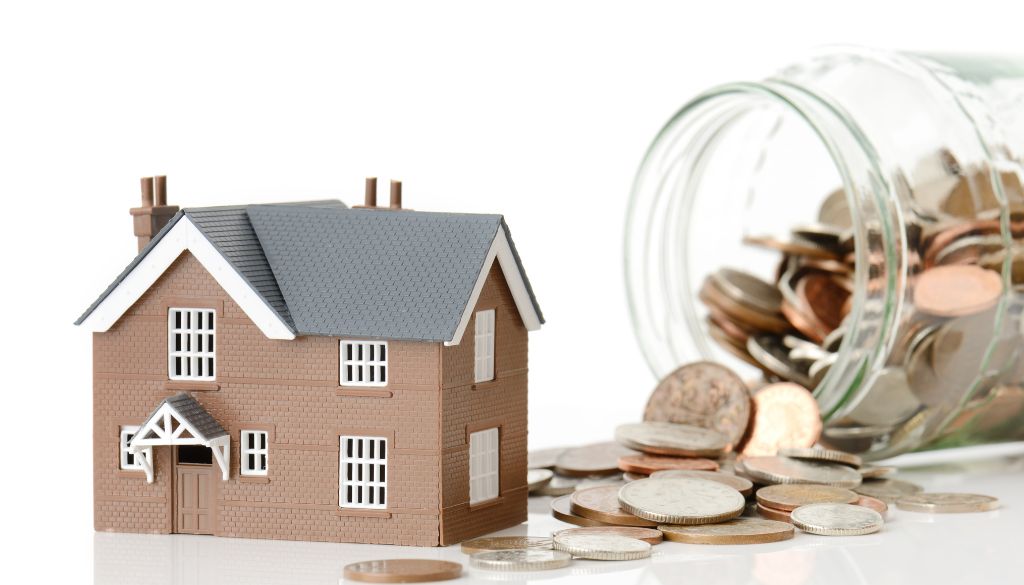
Looking into mortgage options for freehold townhouses means diving into a unique financial world. Banks see freehold properties as better investments because you own them outright. This can lead to better loan terms for buyers.
When looking at freehold townhouse mortgages, there are a few important things to keep in mind:
- Down payment requirements
- Interest rates
- Loan term flexibility
- Mortgage insurance considerations
The average price of a freehold townhouse in Canada is about $1.02 million. In the Greater Toronto area, prices can go up to $1,317,664. This makes financing a bit more complicated.
| Mortgage Option | Typical Down Payment | Potential Advantages |
|---|---|---|
| Conventional Mortgage | 20% | No mortgage insurance required |
| High-Ratio Mortgage | 5-19% | Lower upfront costs |
| Fixed-Rate Mortgage | Varies | Predictable payments |
Smart homebuyers understand that mortgage selection goes beyond interest rates – it’s about finding the right financial fit for your townhouse ownership journey.
Buyers should get ready for competitive markets. In areas where demand is high, prices can go up quickly. Working with a mortgage expert who knows freehold properties can help you make smart choices.
Benefits of Choosing a Freehold Townhouse
Freehold townhouse ownership offers great benefits for those wanting independence and community. Knowing these advantages helps buyers make smart choices about their homes.
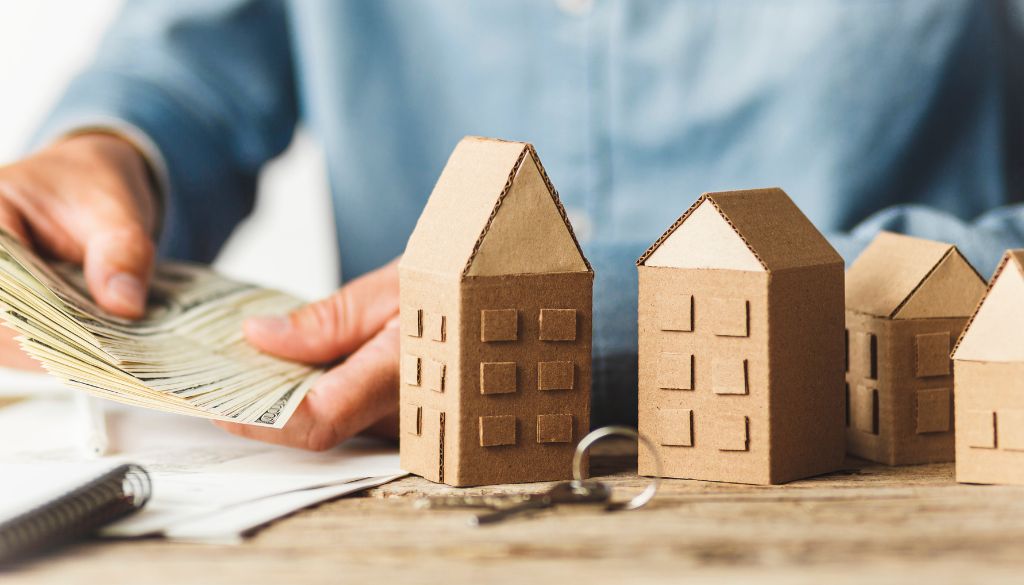
Financial Advantages
Freehold townhouses have big financial pluses. They can grow in value, often more than condo townhouses. This makes them attractive to investors.
- Exclusive land ownership increases property value
- No monthly condo maintenance fees
- Potential annual appreciation between 5% to 10%
- Higher rental yield
“Freehold townhouses provide a unique investment opportunity with greater financial flexibility.” – Real Estate Experts
Lifestyle Benefits
Freehold townhomes give you more freedom than condos. You can make changes and handle upkeep as you like, without rules.
- Enhanced property customization options
- Greater privacy compared to condo living
- Simplified maintenance responsibilities
- Flexible renovation possibilities
Freehold townhouses are about $60,000 more than condos on average. This means you get financial benefits and more freedom in your life.
Common Challenges and Solutions
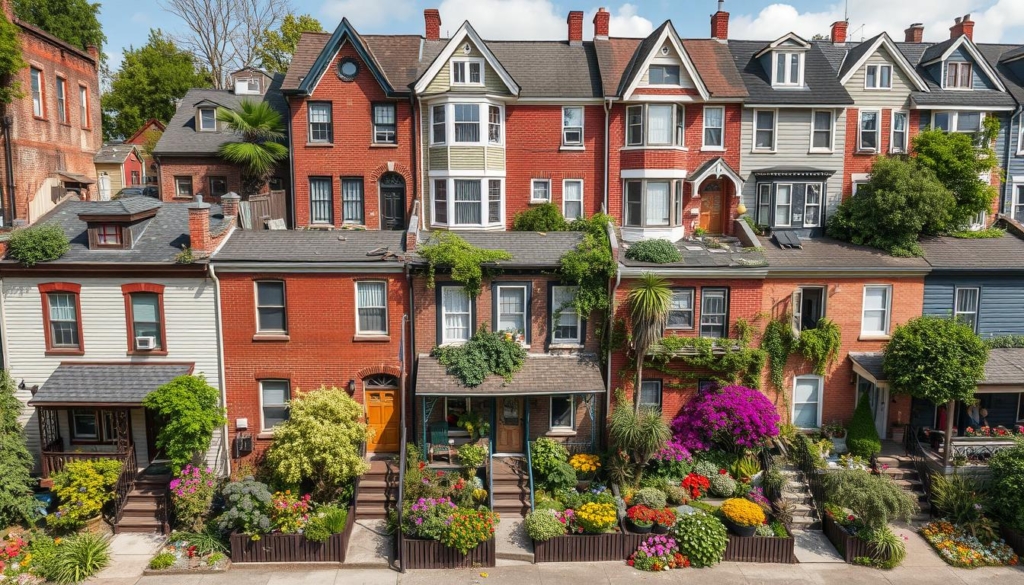
Living in a townhouse community comes with its own set of challenges. Freehold townhouse owners face unique issues that need careful handling and practical fixes.
Noise transfer is a big problem, mainly in stacked units where walls and floors are shared. Soundproofing and talking things out with neighbors can help avoid conflicts.
“Understanding your townhouse community’s dynamics is key to harmonious living.”
- Develop clear communication protocols with neighbors
- Invest in sound-dampening materials
- Establish mutual respect for shared living spaces
Money matters a lot when you own a townhouse. You need to budget for upkeep that’s different from owning a single-family home. Townhouse maintenance costs are usually 50% less than condo fees, which can save you money.
Keeping the outside of your townhouse in good shape can be tough for new owners. Regular upkeep stops big repairs and keeps your property’s value up. It’s important to check things often, fix problems quickly, and know the rules for shared spaces.
| Challenge | Solution |
|---|---|
| Noise Issues | Soundproofing, respectful communication |
| Maintenance Responsibilities | Regular inspections, preventative care |
| Neighbor Disputes | Clear community guidelines, mediation |
By knowing the challenges and using smart solutions, townhouse owners can make a peaceful place to live. This way, they can enjoy their homes more and keep their property value high.
Resale Value and Market Trends
The Canadian real estate market is showing the great value of owning a freehold townhouse. More investors and homebuyers see the special benefits of these properties.

Freehold properties have stood strong in recent years. Market analysis shows why townhouses are a great choice for real estate.
Market Analysis Highlights
- Townhouses usually go up in value faster than condo apartments
- Freehold townhomes have better resale value than condo townhouses
- The location greatly affects a property’s value
Investment Performance Metrics
| Property Type | Average Appreciation Rate | Maintenance Cost |
|---|---|---|
| Freehold Townhouse | 4.5% | Low |
| Condo Apartment | 2.8% | Moderate |
| Detached Home | 3.9% | High |
Future Growth Potencial
The demand for townhouse ownership is growing fast. This is because of urbanization and changing what people want in a home. Being close to amenities is key for long-term value.
“Townhouses represent a smart investment strategy for those seeking balanced real estate opportunities.” – Canadian Real Estate Association
When looking at freehold properties, think about the neighborhood, job areas, and community features. These are important for making a good investment.
Legal Considerations and Documentation

Buying a townhouse means you need to know about legal documents and property rights. In Canada, owning a freehold property has special legal benefits. These benefits help protect your rights as a homeowner.
Important legal points for freehold townhouse owners include:
- Comprehensive property deed verification
- Title insurance protection
- Understanding property boundaries
- Reviewing possible easements
When you buy a freehold townhouse, you must do your homework. The property documents are your main defense against legal problems later on.
“Knowing about legal documents is your best defense in real estate deals.” – Canadian Real Estate Association
Key legal papers for freehold property owners are:
| Document Type | Purpose | Importance |
|---|---|---|
| Property Deed | Proves you own the property | Very important for selling or proving ownership |
| Title Insurance | Helps protect against ownership issues | Reduces financial risks |
| Property Survey | Shows where your property starts and ends | Helps avoid disputes over property lines |
Freehold townhouse ownership comes with big legal benefits. You get to decide who inherits your property and can make changes as you wish. It’s smart to talk to a lawyer to fully understand your rights.
Concluding Thoughts on Freehold Townhouse Ownership
Understanding what a freehold townhouse is is key for Canadian homebuyers looking to invest for the long term. Freehold townhouses offer full legal ownership of both land and building. This is different from other types of homes. Buyers can find detailed information through specialized real estate services that meet their specific needs.
The Canadian real estate market varies a lot when it comes to townhouse ownership. Urban areas have up to 60% of new homes as condos. But, rural areas mostly have freehold properties. This shows why it’s important to do your research and get professional advice before buying a townhouse.
Investing in property wisely means knowing the financial side of freehold ownership. Freehold homes usually go up in value by 4-7% each year. This makes them great for long-term financial planning. Owners have more control, fewer rules for renovations, and can see their property’s value grow.
For those starting their real estate journey, getting professional help is essential. New Homes Alberta provides a range of services. This includes help for first-time buyers, expertise in new construction, and support for those relocating. Buyers can get expert advice seven days a week, from 9:30am to 8:30pm. This ensures a smooth path to finding and buying the right townhouse.


